Health Inequalities
There is more that affects our health than what is going on in our body and minds.
What are Health Inequalities?
These are all examples of health inequalities.
Staying healthy isn’t just about habits or genetics. There are lots more non-medical things that affect us. In the next section, we’ll discuss what helps people stay healthy, the differences broader factors can make, and why this matters.
You can also learn about how GJH is helping people in Gosforth and Jesmond live healthier lives.
The Building Blocks of HealthA good diet, limited alcohol, no smoking, and regular exercise might spring to mind. These health behaviours can improve weight and blood pressure. Add self-care, mental wellbeing, and access to the NHS when you need it, and you have the basic building blocks of good health. |
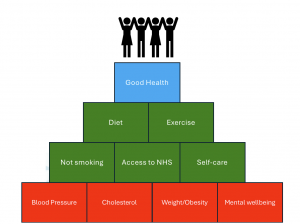 The basic building blocks of good health The basic building blocks of good health |
Social Determinants of HealthBut there are other factors that we can’t always control that can hugely impact our lives. These are called the social determinants of health. The World Health Organization describes them as “the conditions in which people are born, grow, work, live, and age”. Education, skills, housing, employment and income, support networks and social connections and our own sense of worth and purpose help form the foundations of our health. |
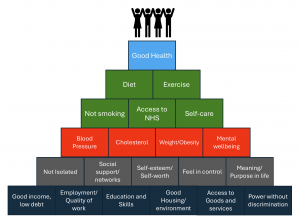 Social determinants are foundations Social determinants are foundations |
Why it matters
It matters because social determinants create unfair and avoidable differences in health.
Our socioeconomic status – where we live, what education we have had, how much we earn – will impact the type of life we lead.
And it always follows the same pattern: the lower the socioeconomic position, the worse the health.
When there are important building blocks missing, our health can become less stable.
It’s why, country to country, town to town or even street to street, some people die earlier than others and live more of their lives in ill health.
Addressing Health Inequalities
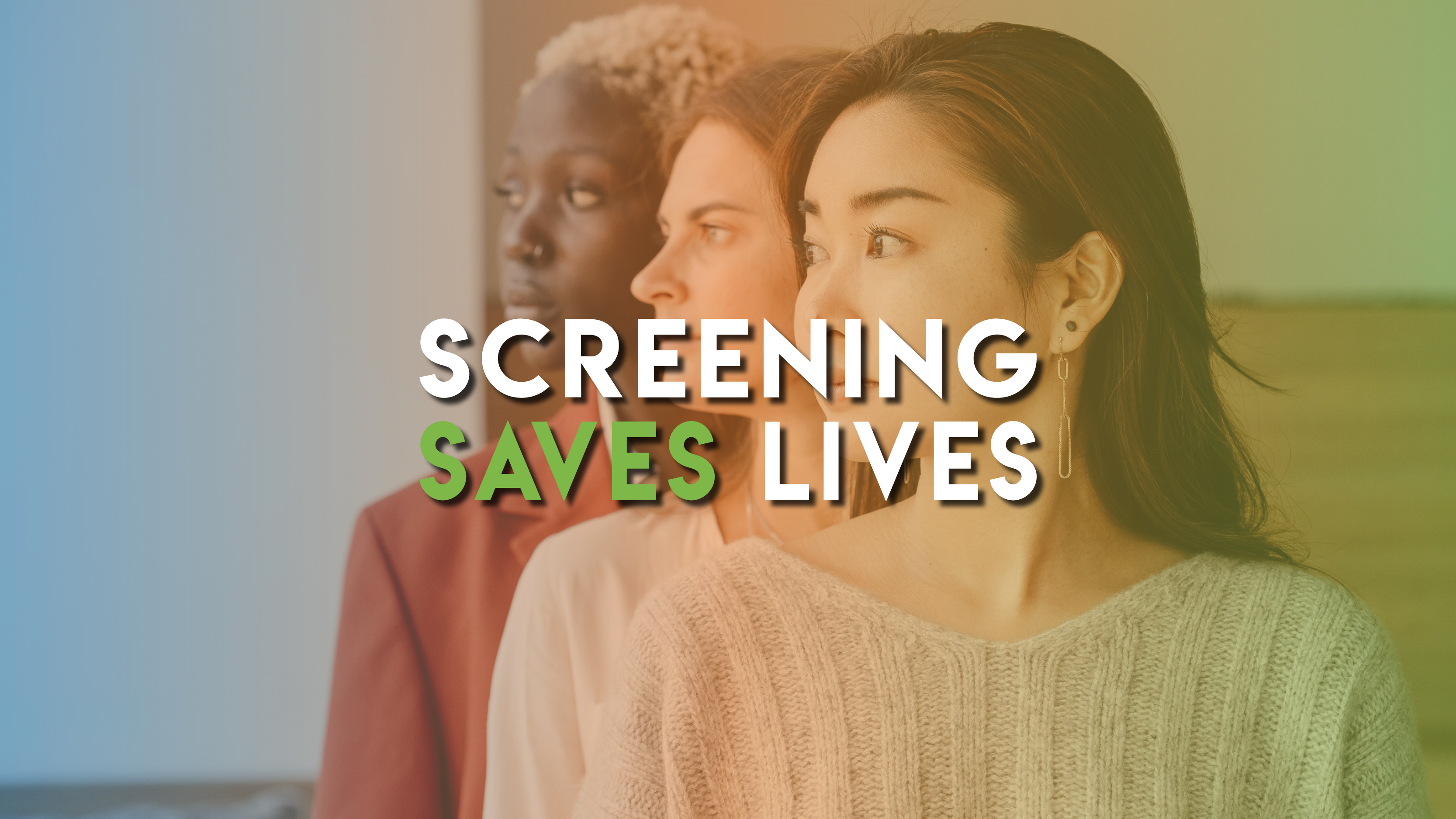
Cervical Screening Save Lives
A patient and GP practice project to understand and address low rate of cervical screening uptake.
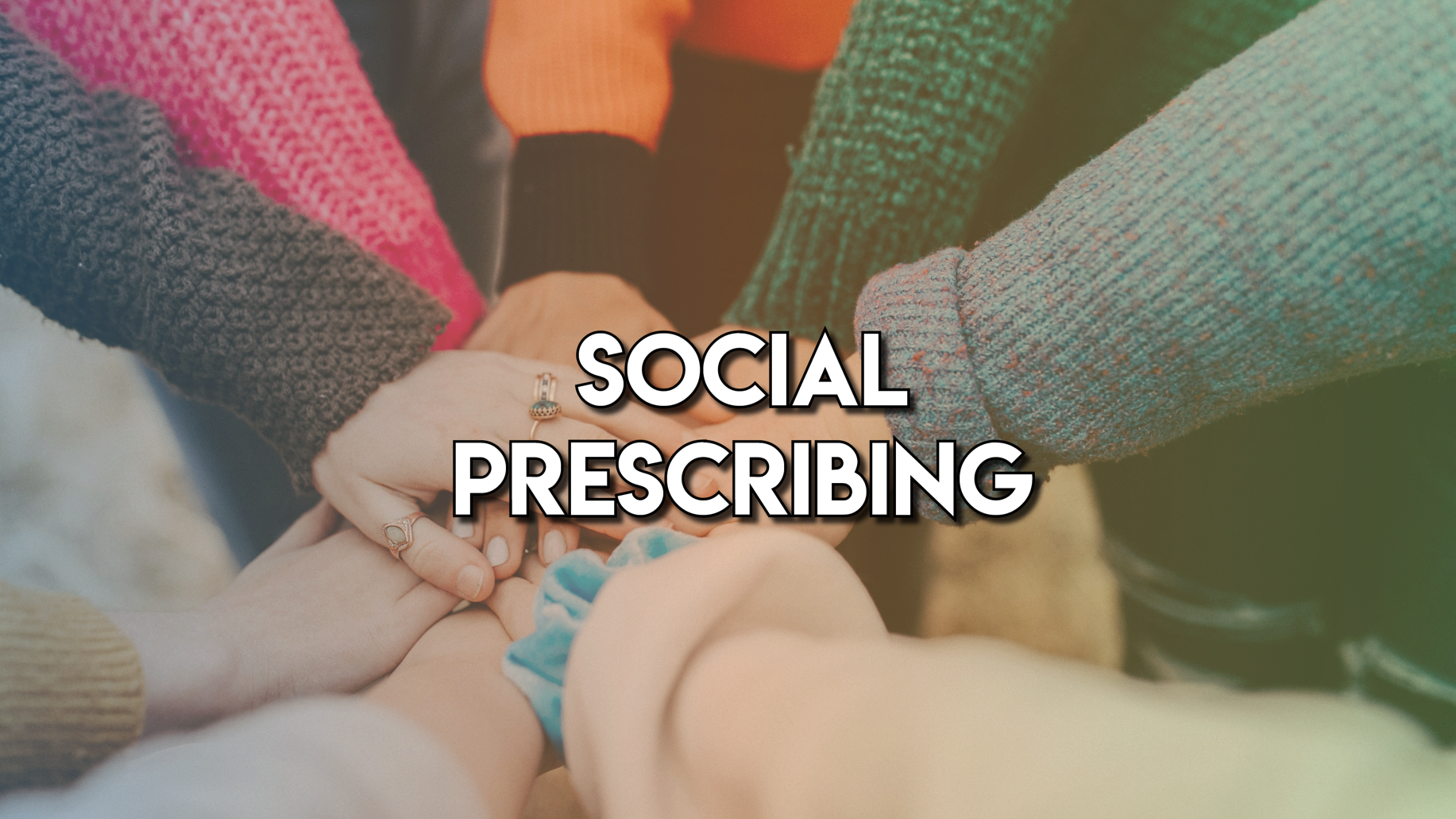
Social Prescribing
It is not only your GP who can support you to feel better.
Social Prescribers use a more holistic approach and can support patients with a wide range of social, emotional, or practical needs.
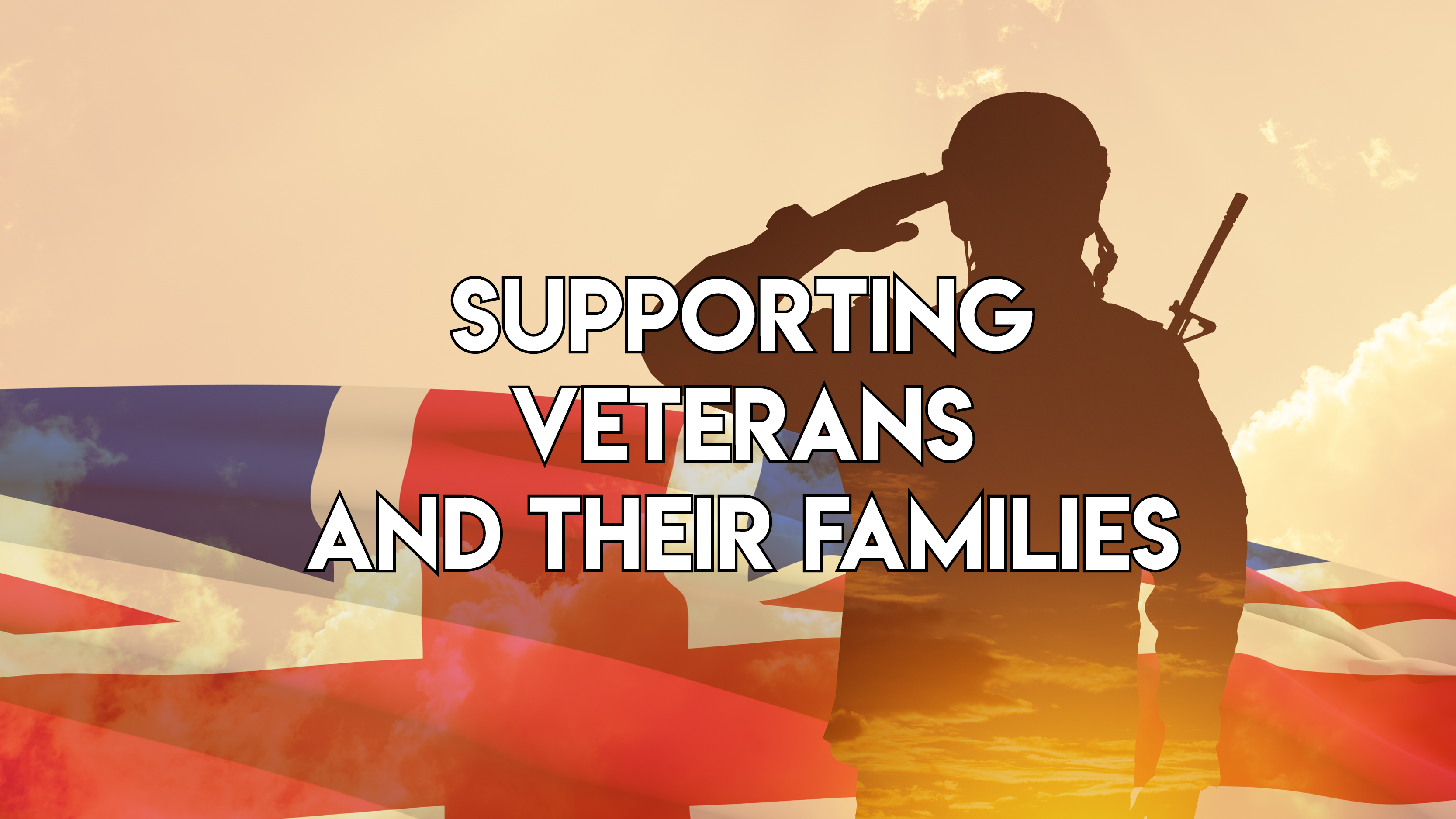
Supporting Veterans and their Families
Accredting our GP practices as Veteran-friendly, and encouraging those who have served to come forward and access specialist services they may need and are entitled to.
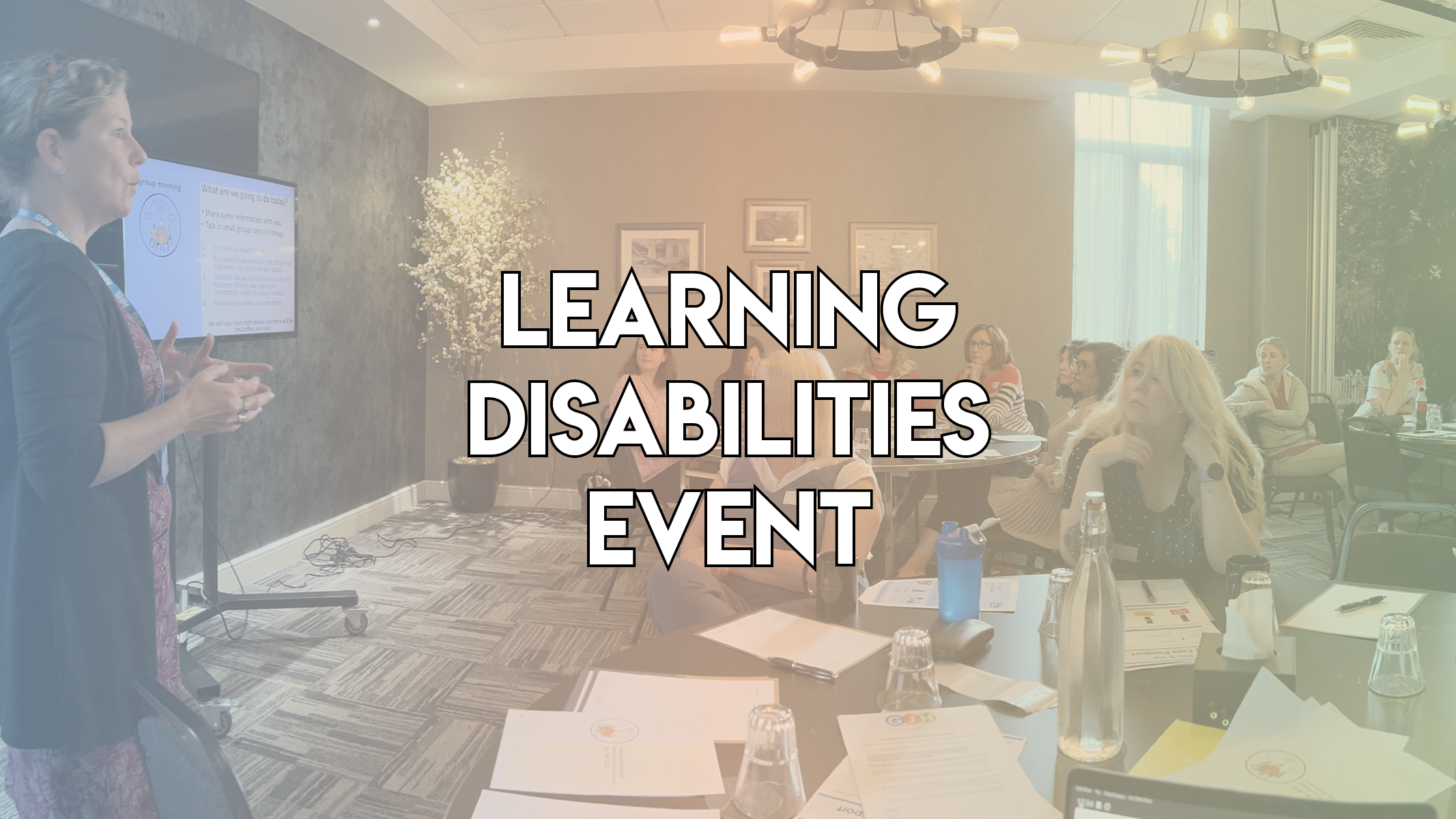
People with Learning Disabilities
A patient and carer engagmeent project to understand barriers to people with learning disabilities accessing healthcare, espeicalliy health checks, and what we can do to help.
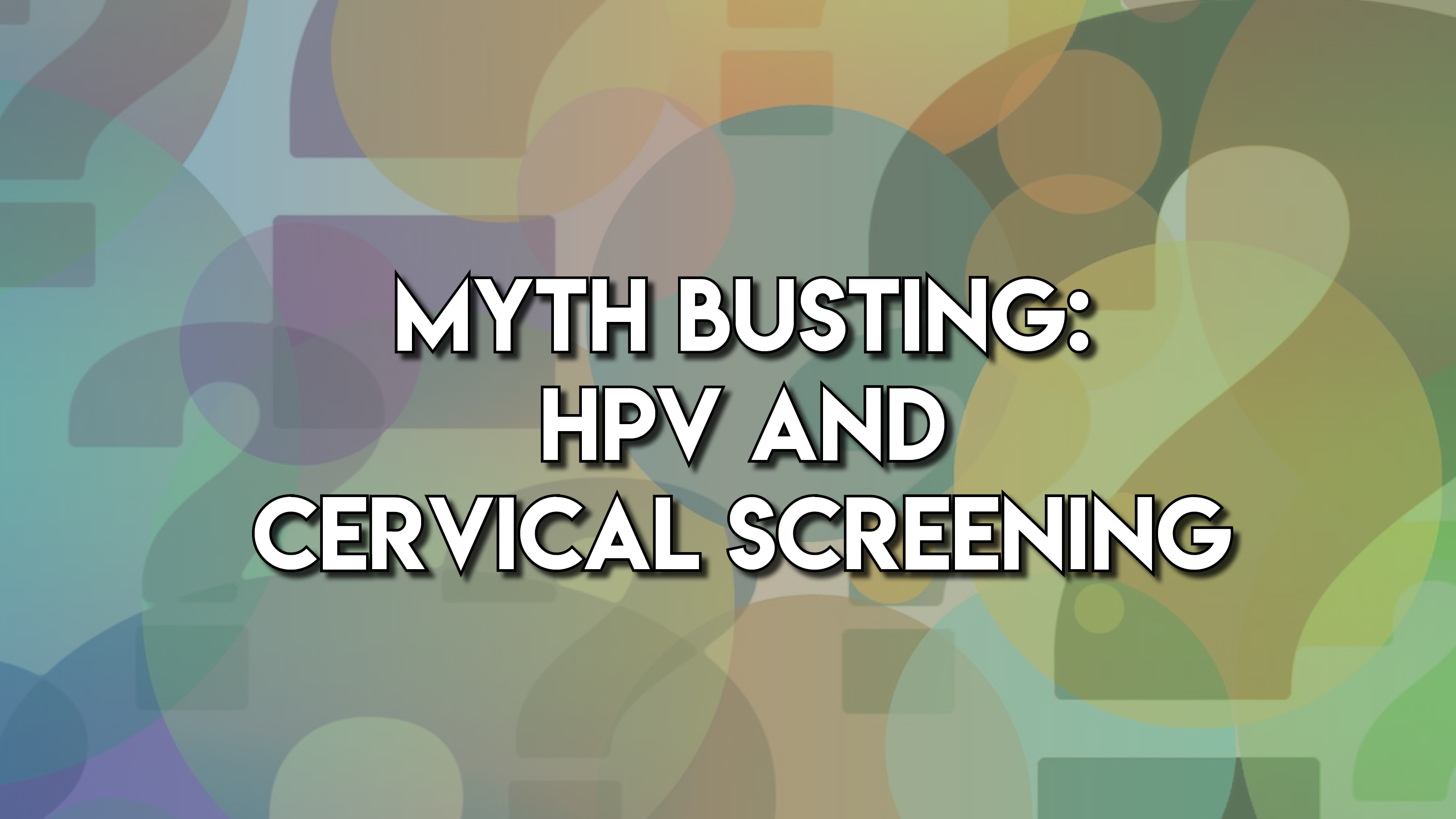
Myth Busters
Cervical Screening and HPV Vaccines save lives. But only when people have the right information. These are the myths that patients had heard and wanted us to bust.
Read more
